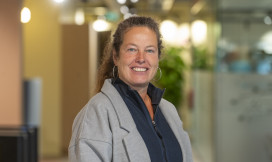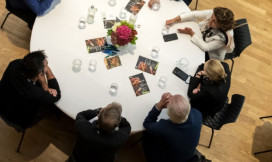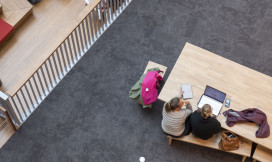Magazine
For decision-makers in education and research
-

-
-
-
-

-
Victory or dependence?
UU and SURF prompt Microsoft to make global adaptation in Windows disk encryption

-
-
For decision-makers in education and research


Victory or dependence?
